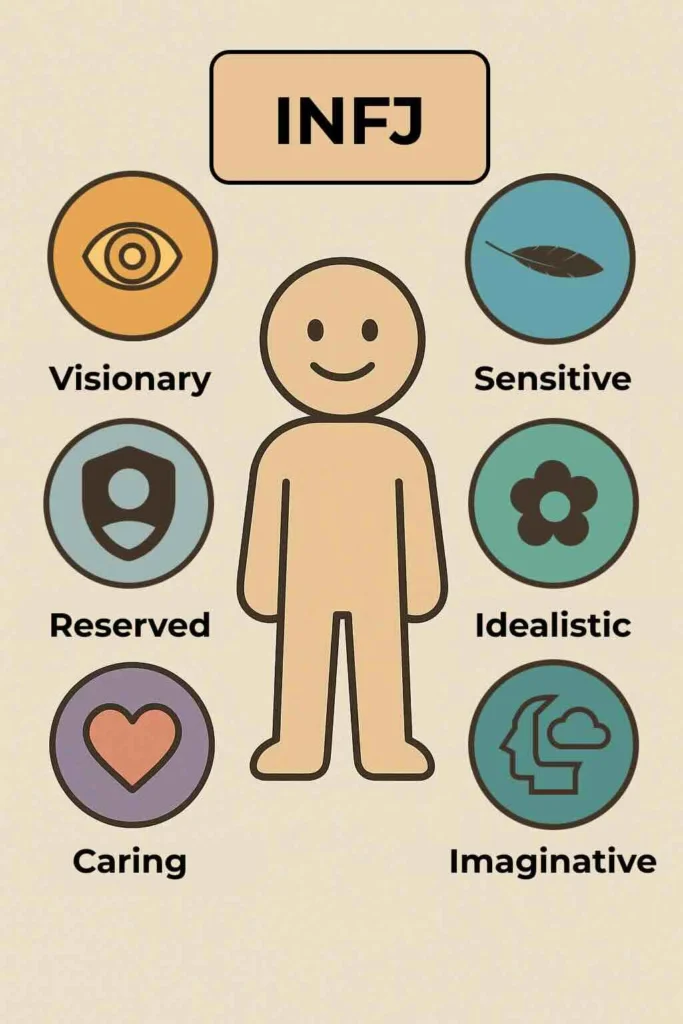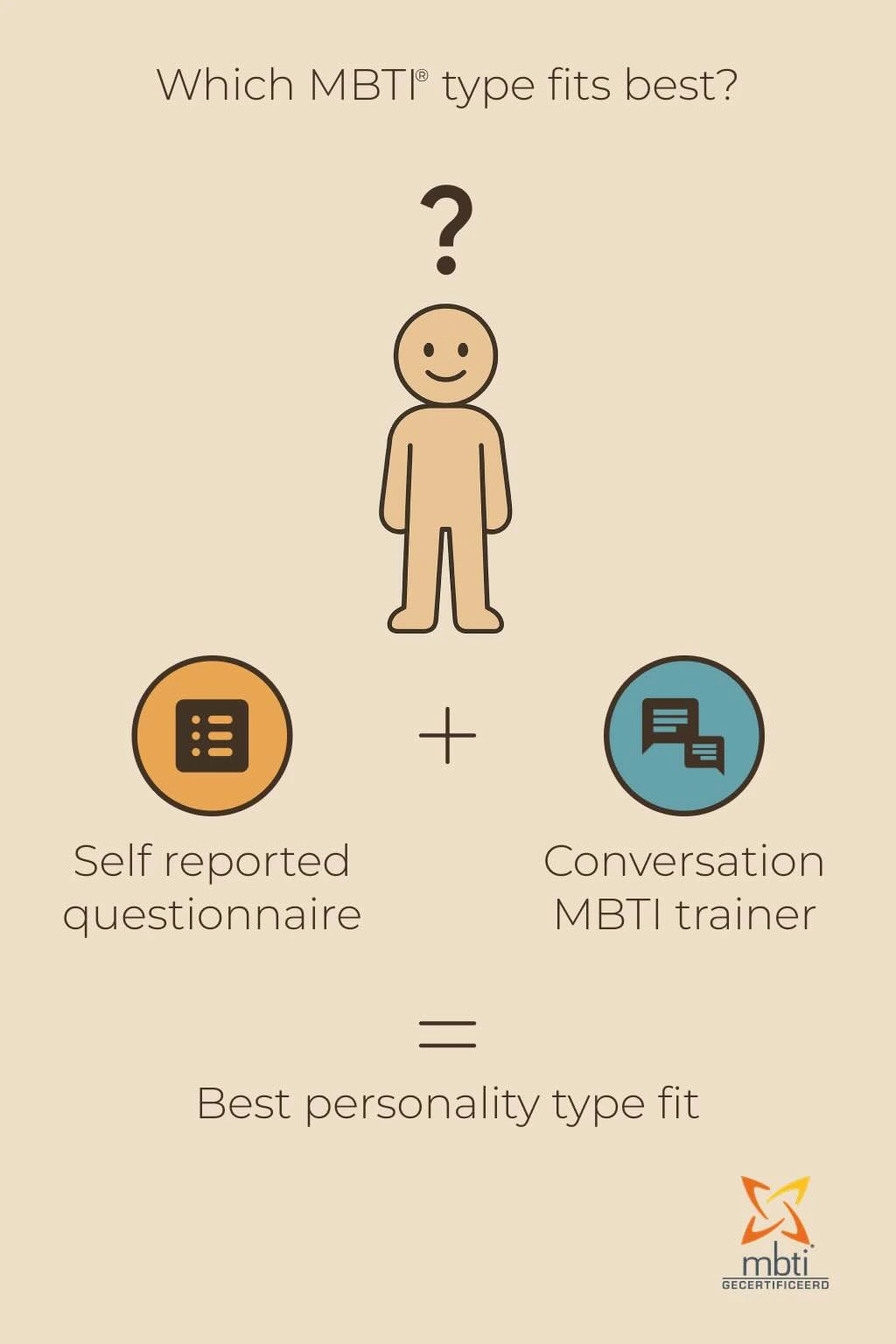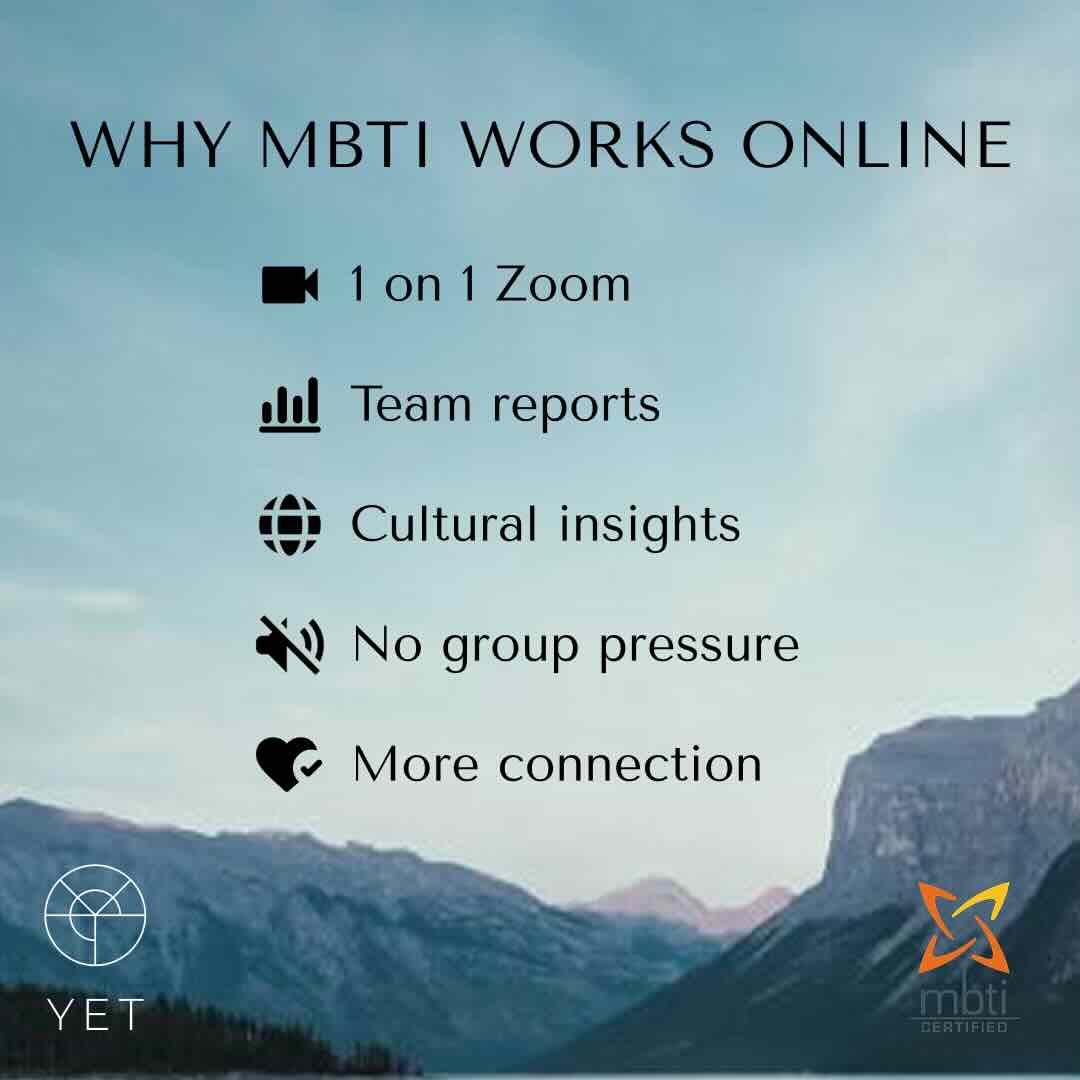INFJ Personality: The Insightful Visionary
In the MBTI® framework, INFJs are often referred to as “The Insightful Visionary” for their unique blend of deep empathy, intuitive understanding, and a strong commitment to their ideals. As one of the rarest personality types, INFJs stand out for their ability to envision a better future while inspiring others to achieve it. They are defined by their Introverted, Intuitive, Feeling, and Judging preferences, which shape their thoughtful and purpose-driven approach to life.
This blog explores the core traits, strengths, challenges, and workplace dynamics of INFJs, helping you better understand this insightful personality type.
Core Traits of INFJs
1. Introverted (I):
INFJs derive energy from meaningful reflection and deep one-on-one connections rather than large social gatherings. They value their inner world of thoughts and ideas.
2. Intuitive (N):
Focused on the big picture, INFJs often see possibilities that others overlook. They are visionary thinkers, driven by a desire to create meaningful change.
3. Feeling (F):
INFJs are guided by their values and empathy. They prioritize harmony and strive to make decisions that align with their ethical principles.
4. Judging (J):
INFJs prefer structure and organization in their lives. They like to plan and work methodically to achieve their goals.
Strengths of the INFJ Personality Type
1.Visionary Thinking:
INFJs excel at anticipating future trends and identifying meaningful ways to address challenges.
2. Empathy and Insight:
INFJs have a remarkable ability to understand the feelings and motivations of others, often recognizing needs before they are expressed.
3. Commitment to Values:
Driven by their ideals, INFJs are deeply committed to causes and projects they believe in, often persevering through adversity to bring their vision to life.
4. Strategic Planning:
While deeply idealistic, INFJs are also practical. They combine their vision with thoughtful planning, making them effective at executing long-term goals.
5. Inspiring and Supportive:
INFJs naturally inspire others with their optimism and willingness to offer guidance, making them valued mentors and confidants.
Challenges and Growth Areas for INFJs
1. Perfectionism:
INFJs often set high standards for themselves, which can lead to stress and burnout.
Growth Tip: Focus on progress, not perfection. Celebrate small wins along the way.
2. Conflict Avoidance:
Their desire to maintain harmony can make INFJs reluctant to address conflicts directly.
Growth Tip: Practice assertiveness and view constructive conflict as a pathway to resolution.
3. Overextension:
INFJs tend to overcommit, driven by their desire to help others.
Growth Tip: Set boundaries and prioritize self-care to maintain balance.
4. Self-Doubt:
INFJs often second-guess their decisions, fearing they may fall short of their ideals.
Growth Tip: Trust your instincts and acknowledge your past successes.
5. Isolation:
While they value deep connections, INFJs may withdraw when feeling misunderstood or overwhelmed.
Growth Tip: Build a trusted support network and communicate your needs openly.
INFJs in the Workplace
INFJs thrive in roles that align with their values and allow them to make a meaningful impact. They excel in environments that combine structure with creativity and collaboration. Ideal career paths for INFJs include:
– Counseling and Psychology: Providing guidance and support to others.
– Education: Inspiring and nurturing growth in learners.
– Nonprofit Leadership: Driving social change and community-building initiatives.
– Writing and the Arts: Expressing their vision and creativity through storytelling.
– Healthcare: Supporting patients with empathy and care.
In team settings, INFJs are often seen as mediators and strategists, bringing clarity and harmony to group dynamics while working diligently toward shared goals.
INFJs in Personal Relationships
INFJs are deeply loyal and attentive partners. They seek relationships built on shared values, trust, and emotional intimacy. While they may struggle to open up initially, they thrive in relationships where they feel understood and supported.
Conclusion: Embracing the INFJ Personality
INFJs bring a unique blend of empathy, insight, and vision to everything they do. By recognizing their strengths and addressing their growth areas, INFJs can continue to inspire and lead in meaningful ways while maintaining their personal well-being.
Read more about the INFJ personality type in a cultural context:
Read more about the INFJ personality type in a cultural context here.
Read more about the INFJ personality on our Instagram account:
FAQs About the INFJ Personality Type
1. What makes INFJs unique?
INFJs combine deep empathy with visionary thinking, enabling them to connect with others while pursuing meaningful goals.
2. How do INFJs handle stress?
Under stress, INFJs may withdraw or become overly self-critical. Grounding activities like journaling, meditation, or connecting with nature can help them regain balance.
3. What hobbies do INFJs enjoy?
INFJs often enjoy creative and introspective activities, such as writing, painting, or exploring philosophical ideas. They also value quiet time for reflection.
4. How can INFJs build better relationships?
Open communication and vulnerability are key for INFJs. Sharing their thoughts and feelings can help them foster deeper connections with loved ones.
5. What are common misconceptions about INFJs?
One misconception is that INFJs are overly idealistic. While they are driven by their ideals, INFJs are also practical and strategic when working toward their goals.





